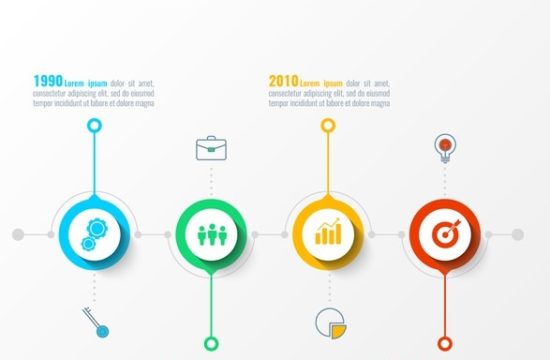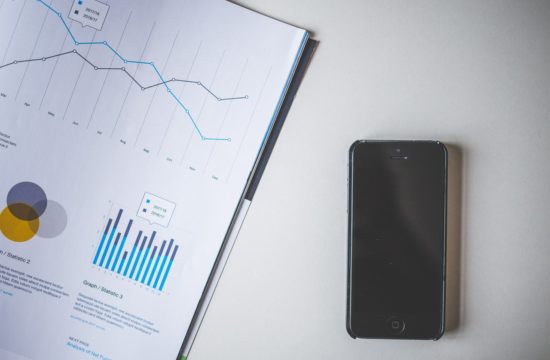The Retail audit is of a company’s efforts to understand its operational performance. It requires the company’s representatives to collect data on the brand’s products in the retail stores. Furthermore, it ensures that retailers are complying with the agreement made about the product placement, pricing, and promotions. In other words, a retail audit helps the company to accurately measure their performance at the retail level.
Types of Retail Audits
There are four types of retail audits commonly used by many organizations in the world, including:
1. Merchandising Audits
Merchandising audit focuses on the assessment of the overall operations of the retail stores that affect financial performance. It evaluates the product assortment, display, pricing, and promotions performed by the retailers. Merchandising auditors will assess all of these elements and how consistent they are implemented.
Merchandising audit is done in-house by store staff or the brand’s representatives. The main goal of this audit is to make sure that the retailers follow their standards and support priority initiatives consistently.
2. Loss Prevention Audits
Loss prevention audits focus on assessing how well the retailer’s performance in terms of the process, protocol, and training to minimize theft, fraud, and shrinkage. This type of audits is designed to minimize risk, theft, waste, and vandalism over the company’s products. It puts the company’s polity in the center and makes a transparent process for retail stores.
Many retail experts agree that employees are the best defense. Thus, it may need employee training to optimize loss prevention audits. Through the training, employees can ask questions and have a good understanding that loss prevention is a company priority.
3. Health and Safety Audits
Health and safety audits assess how well the store’s performance in terms of meeting the company’s regulations and legal guidelines, particularly in handling food products and the employee’s work environment. Most importantly, it protects the company from lawsuits, claims, brand tarnishing event, and other disruptions that can cost company additional capital to spend on.
The health and safety audits are not only implemented in the foodservice fields but also other fields, including in the pharmacy. So, pharmacies have to ensure that their medicines and other health products are properly stored, secured and dispensed. The equipment, signage, and barriers need to be monitored to keep the employees and public safety.
4. Competitive Analysis Audits
Competitive analysis audits are usually performed by CPG manufacturers to assess competitors’ activities. In conducting the competitive analysis audits, it’s important to consider the data scope that you want to collect before sending company’s representatives into the field.
Here are some important elements need considering:
- Choose what specific product you want to know more about
- Identify what specific information you want to know about your competitor—is it their pricing strategy, special promotions, and offers?
- Decide which locations you want to visit. A company’s products are usually delivered in over a thousand locations, choose where to visit.
- Discuss your auditing plan to your retail partners—do customers tend to recommend a competitor’s products over yours?
The four types of retail audits are very fundamental to measure your business performance. Additionally, it makes sure that everything is on track and follows the company’s standards. Finally, the best retail audits will generate sales and brand awareness.












